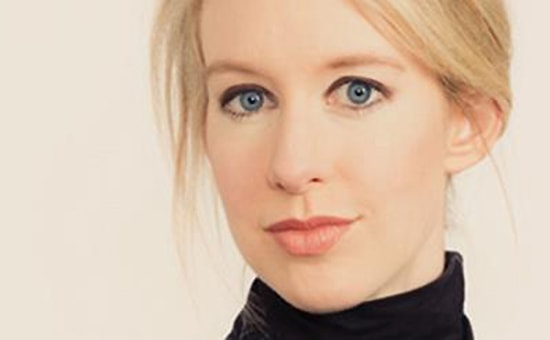So it’s essential for business schools to act as role models and support women’s advance into the top levels of business. Looking at U.S. business schools the national average share of female MBA students is currently 37 per cent. Some top ranking schools are taking the topic more and more serious and are trying to achieve a share of women above 40 per cent. This autumn MIT’s Sloan School of Management has a first MBA class with 40.7 per cent female students and Harvard Business School has enrolled 41 per cent of women. Last year Wharton admitted 42 per cent women into its MBA programme. Only a decade ago many of these top U.S. business schools only had about 30 per cent female class members.
One business school that has managed the so far elusive goal of gender equality is the American school Rutgers Business School. The school’s new full-time MBA class of just 79 students welcomes 51 per cent women, for the first time in its history the school will teach more women than men.
Business Week, which has pointed out this achievement in one of its articles, muses that this might be related to the small class size with a school representative telling the newspaper that maybe big schools with big endowments are viewed as intimidating by many women. “Our class is 79. Theirs are 500; 1,000. We want to shake your hands at graduation.”
Other schools are trying to support women by offering more flexibility to make balancing work and family commitments easier. Online MBA programmes and blended part-time programmes aim into those directions. Flexibility, individual attention and sometimes even the most unusual advice from universities can help push female students into executive roles and entrepreneurship. One example is Elizabeth Holmes, who became the youngest female billionaire before she reached her 30th birthday. The now 30 year-old American dropped out of Stanford University at the age of 19, supported by her then professor, who helped her realize her business dreams. Holmes started a blood testing business that abolishes taking endless syringes of blood for testing but requires only a few drops of the patient’s blood and analyses the blood via a handheld device.
Sources:
Businessweek
Fortune
Fortunaadmissions
Billionairesaustralia

